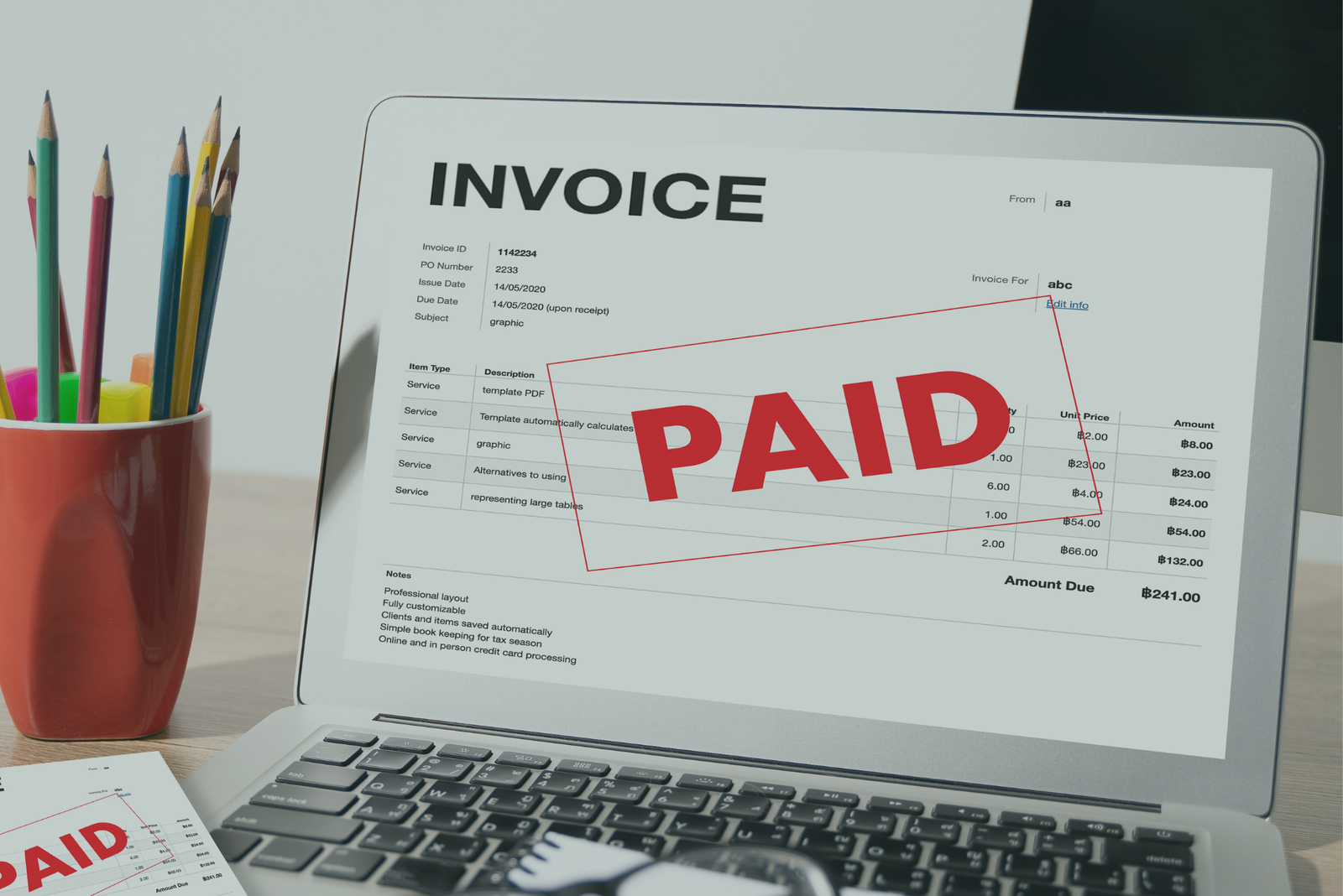Insights

How to Prepare for a Business Loan Application: Documents, Ratios & Timelines
Securing a business loan can be the boost your company needs to expand, stabilize cash flow, or invest in new opportunities. But many business owners underestimate the preparation involved in getting approved. Lenders don’t just look at your request — they evaluate your entire financial picture, including your creditworthiness, repayment ability, and growth potential.
The good news? With the right preparation, you can increase your chances of approval and negotiate better terms. This guide will walk you through the key documents, financial ratios, and timelines you should have in place before applying for a business loan.
Understand What Lenders Care About
Before gathering documents, it helps to know what lenders want to see:
Creditworthiness → Both personal and business credit scores matter.
Cash Flow → Can your business comfortably cover loan payments?
Collateral → Do you have assets to secure the loan if required?
Leverage → How much debt do you already carry (Debt-to-Equity Ratio)?
Profitability & Growth → Is the business sustainable and growing?
👉 These are the filters lenders use to assess risk — and preparation ensures you look strong in each area.
Essential Documents You’ll Need
Having organized and up-to-date documentation makes a huge difference. Here’s what lenders typically require:
Business Information
Business license/registration
Articles of incorporation or partnership agreements
Ownership and management structure
Financial Documentation
Tax returns (2–3 years): Both business and personal (for small businesses/owners).
Financial statements (2–3 years): Balance sheets, income statements, and cash flow statements.
Interim statements (year-to-date): Shows current performance.
Accounts receivable and payable aging reports: To show payment cycles.
Business bank statements (3–6 months)
Loan-Specific Documents
Business plan → Clearly explains purpose of the loan and repayment strategy.
Loan request summary → Amount needed, use of funds, repayment terms.
Collateral documentation (if applicable) → Equipment, real estate, or inventory valuations.
📌 Pro tip: Keep these documents updated regularly, not just when you’re applying for financing. This way, you’re always “lender ready.”
Financial Ratios Lenders Will Check
Beyond documents, lenders dig into your numbers. Here are the key ratios they use to judge financial health:
Debt Service Coverage Ratio (DSCR)
Formula: Net Operating Income ÷ Total Debt Service
Benchmark: A DSCR of 1.25 or higher is usually required.
👉 Shows whether earnings are enough to cover debt payments.
Debt-to-Equity Ratio
Formula: Total Liabilities ÷ Shareholder Equity
Benchmark: Lower is better (generally below 2:1 for small businesses).
👉 Indicates how leveraged your business is.
Current Ratio
Formula: Current Assets ÷ Current Liabilities
Benchmark: 1.2–2.0 shows strong liquidity.
👉 Measures ability to meet short-term obligations.
Profit Margins
Net and operating margins demonstrate efficiency and profitability.
👉 Healthy margins give lenders confidence in repayment ability.
Timeline for Preparing a Loan Application
Rushing an application is one of the biggest mistakes business owners make. Here’s a realistic timeline:
3–6 months before application
Review financials with an accountant.
Check your business and personal credit scores.
Improve weak ratios if possible (e.g., reduce debt, increase cash reserves).
1–2 months before application
Finalize updated financial statements.
Prepare your business plan and loan request summary.
Identify collateral if needed.
2–3 weeks before application
Gather supporting documents (tax returns, bank statements, contracts).
Double-check accuracy — inconsistencies are red flags.
Application week
Be ready to respond quickly to additional document requests.
Common Mistakes to Avoid
Applying without a clear loan purpose
Overestimating how much you can borrow
Ignoring personal credit history
Providing incomplete or inconsistent documentation
Waiting until the last minute to prepare
How Finmed Capital Can Help
At Finmed Capital, we work with business owners across North America to match them with the right lenders and financing solutions. We help you:
Organize your documentation and financials.
Assess your key ratios and strengthen weak spots.
Navigate different loan options (term, working capital, equipment, SBA, CSBFP, and more).
Present your business in the best light to improve approval odds.
Final Thoughts
Preparing for a business loan application is less about paperwork and more about strategy. Lenders want confidence — in your financials, your repayment plan, and your ability to grow. By getting your documents, ratios, and timelines in order, you’ll position your business as a strong candidate for funding.
👉 Ready to explore your financing options? Visit Finmed Capital’s Loan Calculator to estimate what you can borrow and start preparing today.
Popular Category
- Financing Solutions (3)
Popular Post
- Blog







